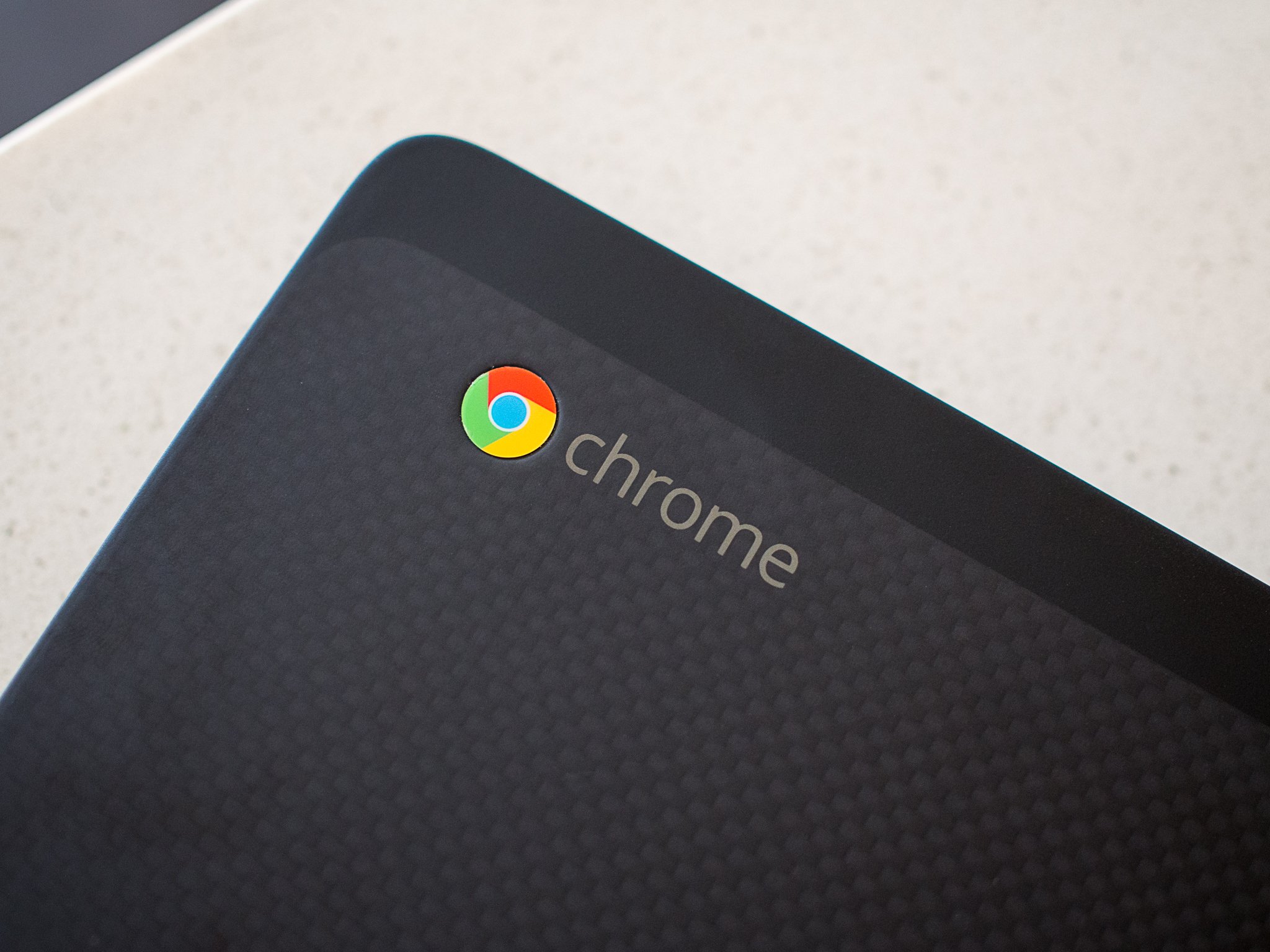If you still haven't tried Chrome OS, now's the time to do so.
Even though I've been enthralled by Android since the original Galaxy S Fascinate on Verizon Wireless, it took me until this year to finally give Google's desktop operating system — Chrome OS — a proper try.
I dabbled with Chrome OS a bit back at my high school on education-focused machines, but I've never actually owned a proper "adult" Chromebook to get an idea for how the platform works and feels on a day-to-day basis.
So, this past February, I decided to sell my late-2016 MacBook Pro and replace it with the Google Pixelbook. If you want to know more about the Pixelbook itself, we've already covered that a number of times here on AC.
Instead, what I'd like to do today is highlight my experiences using Chrome OS as my primary laptop operating system for the past four months. Let's get started!
The things I absolutely love
When I first got the Pixelbook, one of the things I was worried about the most was the lack of desktop apps. This is something that most everyone still complains about when it comes to Chrome OS, but to be perfectly honest, that complaint just isn't valid anymore in mid-2018.
First off, before we even talk about the app selection that there is, I was amazed at how much of my work is done in the Chrome browser. Between writing articles, searching for the latest news, doing research for editorials, and even some light photo editing, all of the things I need to do can be done (and enjoyable at that) in Chrome.
In mid-2018, the argument that Chrome OS doesn't have enough app support simply isn't true anymore.
Slack's web client is great, 1Password's Chrome plug-in works like a dream, and web apps like PicMonkey make it easy to do quick edits for all sorts of photos.
While all of my work can be done in Chrome tabs, I really appreciate how Google lets you save these as "app" shortcuts in your app drawer/bottom bar and open them up as their own windows to make them appear like traditional desktop applications.
For those times that I can't do something in Chrome or just want a more touch-friendly way to interact with a service, Android apps are excellent for filling that gap. The Play Store looks and feels exactly as it does on Android, and since I spend so much time on my phone as is, I appreciate having the same app interface when going from phone to laptop.
Something else that's really stuck out to me is how updates are handled. I absolutely dread seeing that I've got updates waiting when I boot up my iMac, and even though I know I probably shouldn't, I've become that person that keeps pressing "Try later tonight" whenever I see one pop up.
In Chrome OS, this has been a non-issue.
Any big system updates are downloaded in the background, and when they're ready to install, all I have to do is click a button and my system is completely rebooted and back up and running in a matter of seconds. This is something that's been around in Chrome OS for a while, but it's a feature I constantly appreciate whenever a new bit of software rolls around.
The stuff that still needs some work
For all the praise I could give to Chrome OS, however, that's not to say it's without its faults.
Although it's functional enough for my needs, the built-in file manager isn't quite as comprehensive as what's found on macOS and Windows. Even though Chrome OS can run Android apps, it doesn't support Nougat's App Shortcuts. As silly as it may sound, the fact that there's no native way to insert emoji (at least right now) drives me up a tree every single day.
Every operating system has its quirks, and Chrome OS is no exception to that rule.
The upside
With that said, the majority of these complaints will disappear soon enough.
Chrome OS is only going to get more exciting as time goes on.
Google regularly pushes updates to Chrome OS with an assortment of bug fixes and new features, and in the very near future, we should get an assortment of tools that finally give Android phones proper integration with Chrome OS — bringing features such as SMS syncing, instant tethering, and more.
Once all that happens, Chrome OS will not only stand on its own as a proper competitor to Windows and macOS, but it'll be the clear choice for anyone that also happens to own an Android phone.
This is something Apple's succeeded at for years with Continuity between iPhones and Macs, and once that same integration comes to Android and Chrome OS, it's going to be an incredibly exciting time.
What do you like/dislike the most about Chrome OS?
I've been overwhelmingly happy with my decision to go the Chrome OS route this year, and I cannot wait to see where the platform is heading in the next few months. It's certainly not for everyone, but then again, neither is Windows, macOS, or Linux.
If you've got a Chrome OS machine, what do you like or dislike about it the most? Sound off in the comments below and let me know!
Pixelbook 2: What Google can do to make the best Chromebook even better
from Android Central - Android Forums, News, Reviews, Help and Android Wallpapers


0 comments: